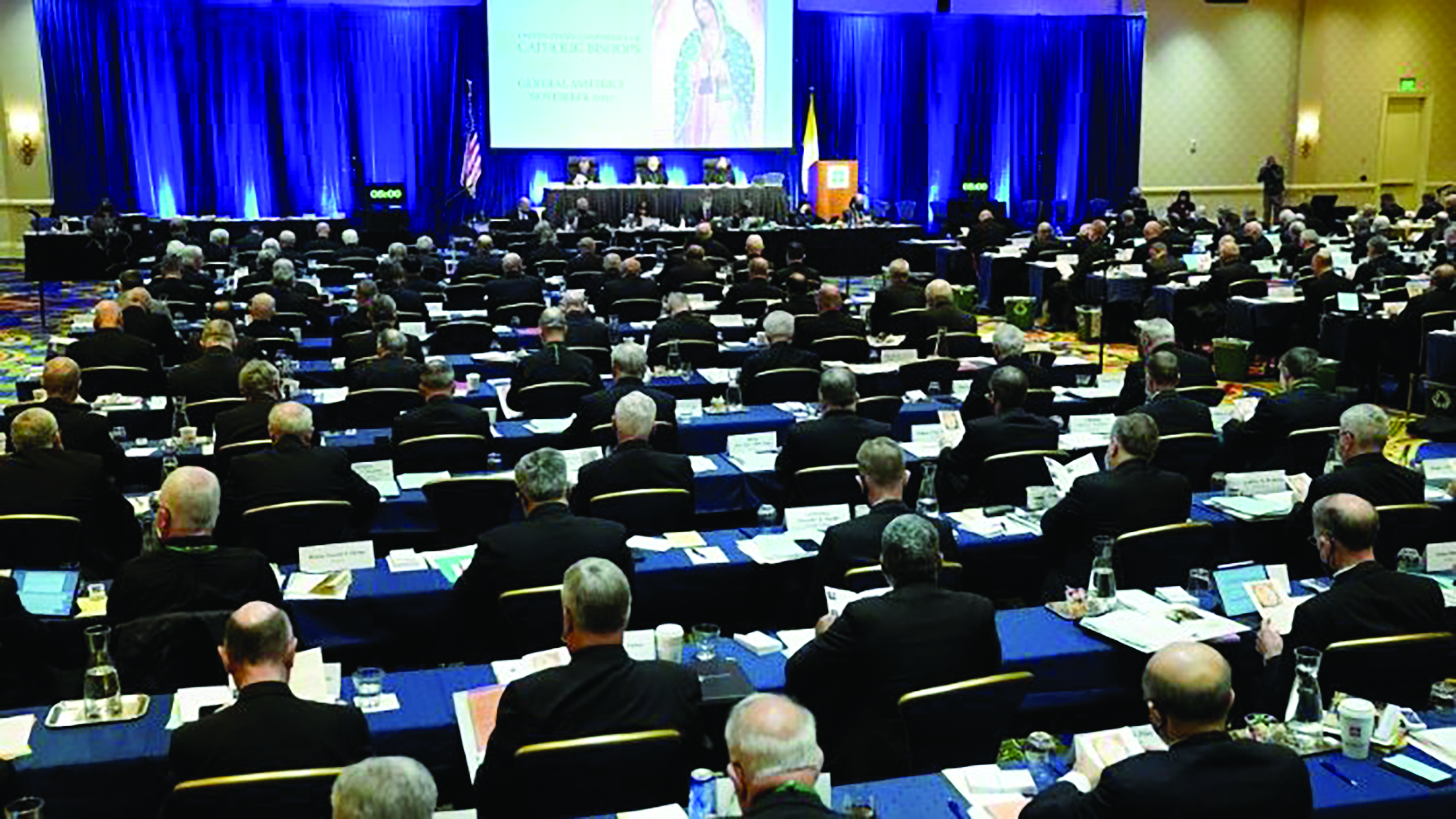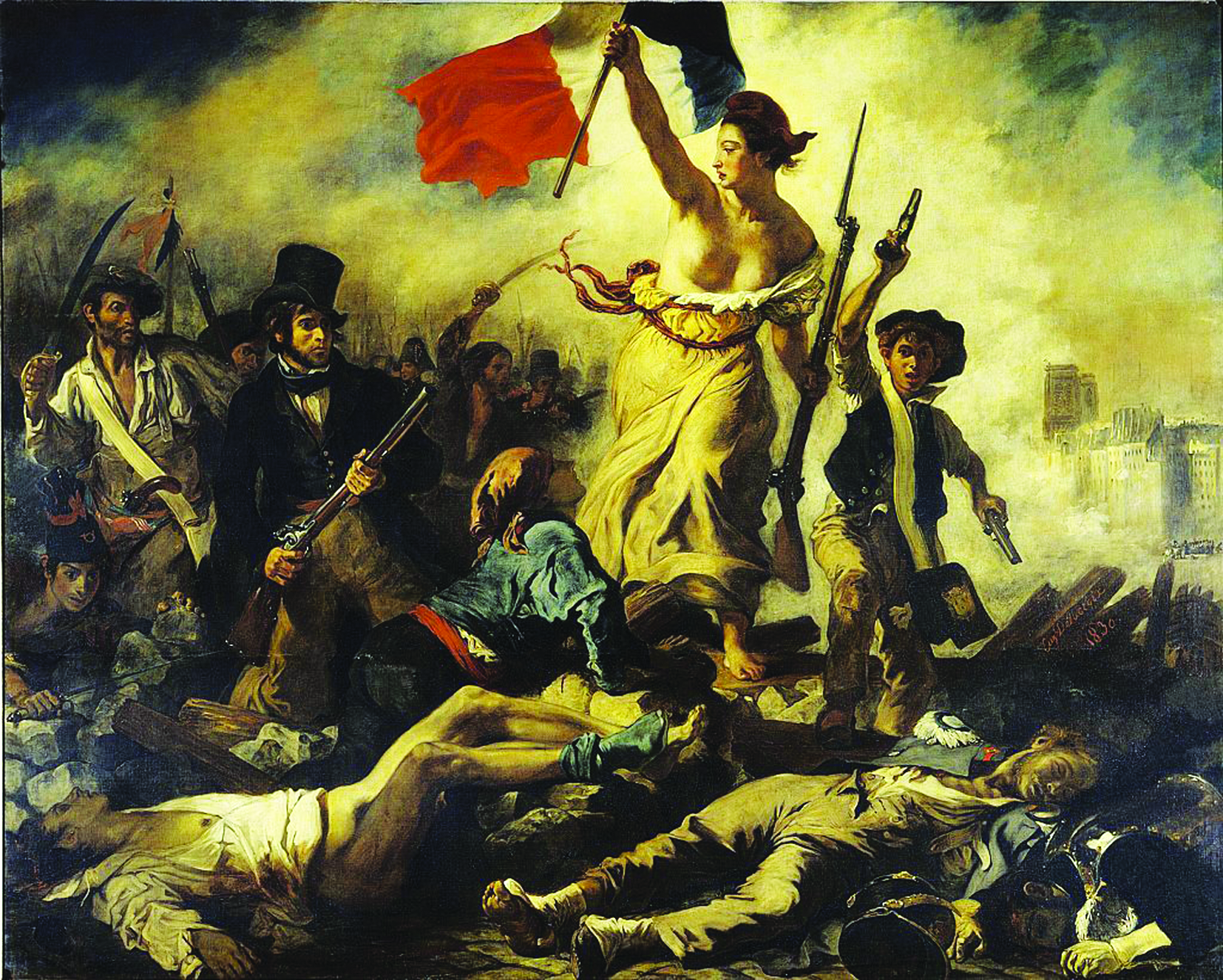
Cardinal Pietro Parolin, the Vatican’s Secretary of State, addresses the 69th U.N. General Assembly in New York September 29 (CNS photo). Opposite, on January 12 in the Sala Regia, Pope Francis met with members of the diplomatic corps accredited to the Holy See, for the exchange of greetings for the New Year.
The proposal emerged in a landmark address by Parolin, the Vatican’s top diplomat, to the Gregorian University in Rome on March 11. What would such an office do?
The Vatican’s Secretary of State, Cardinal Pietro Parolin, at the Gregorian University March 11 during his “Lectio Magistralis,” discussed “peace” as “a gift from God.” Using very precise and clear words, and within a wider and deeper discussion about the conflicts in today’s world, Parolin spoke of his desire for the creation of an office for “pontifical mediation” within the Secretariat that he leads.
Cardinal Parolin reasoned that “pontifical diplomacy has the task of working for peace, by following the procedures and rules that form an integral part of international law. This means that we must elaborate concrete responses, using juridical terms, in order to prevent, solve, or regulate points of discord, and avoid their possible degeneration into armed conflict. But, looking at the bigger picture, we are dealing above all with actions whose sought-after scope is primarily religious, meaning that we are called to be ‘makers of peace’ as Pope Francis invites, and not ‘makers of wars, or at least makers of misunderstandings.’ If we take our academic context seriously, this invitation leads us toward, or practically imposes upon us, the establishment of a space for pontifical mediation, within the Secretariat of State: a reflection on how we can put this invitation into action leads us to consider this sort of office, one that could function as a bridge between what is being done ‘on the ground’ by the Holy See’s diplomacy in various countries, and what is already being carried out by the established international institutions.”
Cardinal Parolin’s comments express a proposal that, with close cooperation with the diplomatic apparatus of the Apostolic See, should be introduced into the complex reality of the many actions taken by the Vatican aimed at “preventing, solving, and regulating points of discord, and avoid their possible degeneration into armed conflict.” The Secretary of State then clarified that “in the face of an increase in armed conflicts, both civil and international, that occur through the lack of preventative action and post-conflict management, this emphasis on prevention will contribute to highlighting the true significance of the Holy See’s role in the international community. This role stems from a certitude: ‘What is happening today has never happened before: that in an era of such human progress, it has become so necessary to make an appeal to man’s moral conscience!’”
This is a novel and original idea, being that it proposes this office as a permanent structure and not as a temporary mediating role, as was, for example, the case of papal mediation between Chile and Argentina in the Beagle Controversy. This new proposal, moreover, shows a further dynamism in Vatican diplomacy, which in a certain way would follow what papal teaching has always emphasized: peace is a gift from God; it is, however, entrusted to men, who are called to “organize hope” for a world where peaceful cohabitation and use of dialogue for solving differences are the accepted, enduring and consolidated rule. The Holy See doesn’t fear conflicts. It does fear and oppose conflicts in which reason and dialogue are silenced, and replaced by arms and barbarism.






Facebook Comments